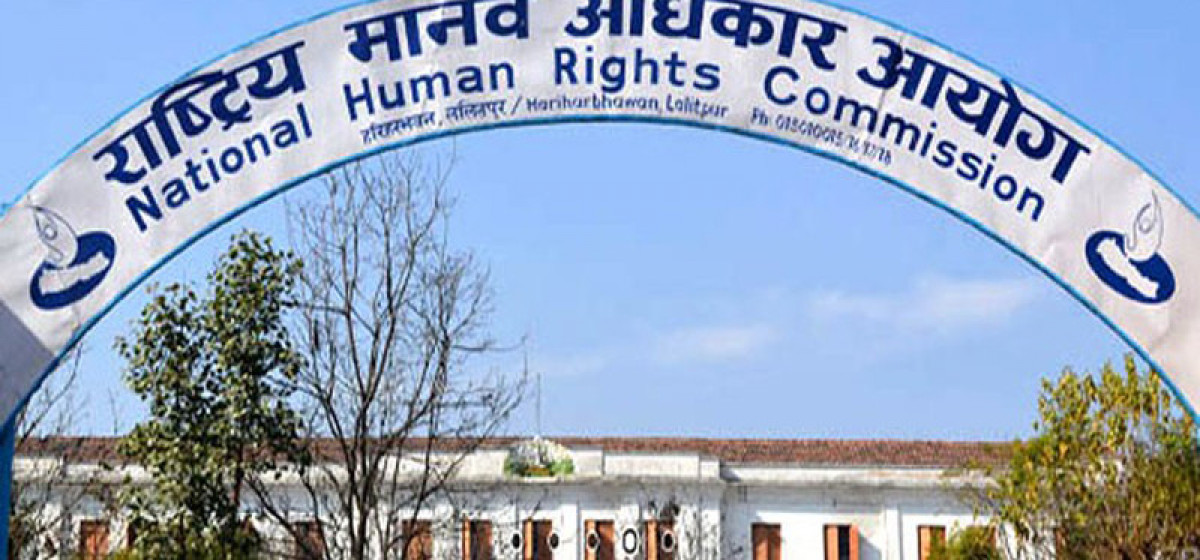Akash Adhikari has worn many hats during his career in the Nepali entertainment industry for more than 20 years. He has worked as an actor, lyricist, director, producer, and these days, a social figure who speaks passionately about issues pertaining city lives. His directorial debut was film ‘Ranabhoomi’ in 1998, while his other movies include ‘Panchhi’, ‘Daag’, ‘Ko Aafno Ko Birano’, ‘Ukali Orali’, ‘Krodh’, ‘Kathmandu’ and ‘Kohinoor’. He is accredited to have digitized the movie industry by starting the country’s first ever digital studio. Akash shares about his experience in the Nepali film industry and more with My City‘s Shuvechchha Ghimire
What inspires you to direct the kind of movies that you do? Also, tell us about your recent project.
My recent project, ‘Kaanchi’, is a love story based in Mustang. This movie, apart from its glorious romance, has few sub-stories that affect Nepalis on a regular basis, for instance the detrimental effect of youths settling abroad. The movie will be released by the end of 2017.
I make movies that work as society’s mirror by portraying issues that leave an impact on Nepali lives and expectations. I am planning to work on my new reality based movie, ‘The Sunrise: Sonam and Her Husbands’. The movie’s plot is the result of my extensive research on polyandry in Nepal’s Himalayan regions, including Dolpa and Mugu. Though I had announced my intention to work on such a project in 2008, it is after nine years that I have settled an agreement with a Hollywood distribution company.
Nepal Bhasa Movies Under Shadow

What are the issues that you think affect the Nepali movie industry?
I see some discrepancy on an administration level between Nepali film industry and international film industry. For instance, Nepali directors are allowed to shoot at only one domestic airport, for “security reasons”, while foreign directors are given permission to shoot at the Tribhuwan International Airport. Although Nepali filmmakers pay high taxes to the government, we have limited facilities.
Similarly, Indian movies are immediately brought to Nepali theatres whereas Nepali movies undergo an extensive censorship in India that usually takes a month to get through the Indian Censor Board. This happens because Nepali Censor Board understands Hindi, while the Indian Censor Board asks for translated Nepali films.
This indirect discrimination by Indian censor board is troublesome, and it affects the Nepali film industry.
Is there anything you would change about Nepali entertainment industry?
The first thing that needs to change is the trend of appointing government/political candidates to the Ministry of Information and Communication and the Film Development Board. The movie industry was well looked after when we had passionate members like Yadav Kharel and Nir Shah in the past. But, things have gone downhill as government officers are transferred to these posts without a thorough background check regarding their knowledge and expertise in the field of entertainment.
In addition, Nepali movies do not get enough international exposure because of an apparent weakness on the part of Nepali embassies to organize cultural awareness and promotion programs abroad.
Secondly, I have time and again voiced concern regarding the necessity of Box Office for Nepali movie Industry which would facilitate a transparent working environment among producers, exhibitors and distributors. If we start a Box Office in Nepal, an estimated 500,000 people that rely on the industry would benefit from proper information flow and accountability.
Lastly, I wish people realize that the entertainment industry will develop only if right minded and hard working people are involved. Falling back to nepotism and unhealthy competition, which extends to copying from Hollywood and Bollywood movies, is not a sustainable way to move ahead.
Any suggestions to aspiring youngsters looking forward to enter the movie industry?
What I see in Nepali film industry is a tendency for directors to adapt to the styles of Bollywood and Hollywood movies. This decreases their credibility since such copied plots do not present relatable stories or characters. Unlike the international movie industries, we do not have the latest digital technologies, thus making Nepali audience less interested in our movies. We should make movies that promote Nepali identity and lifestyle.
On the other hand, if you aspire to become an actor, it is necessary for you to have patience and dedication to be more than a mediocre because the heights of your career is determined by how much efforts you are willing to put. Your audiences are the ones that make you a star, which is why you should continually impress them with your skills and growth as actors.



































